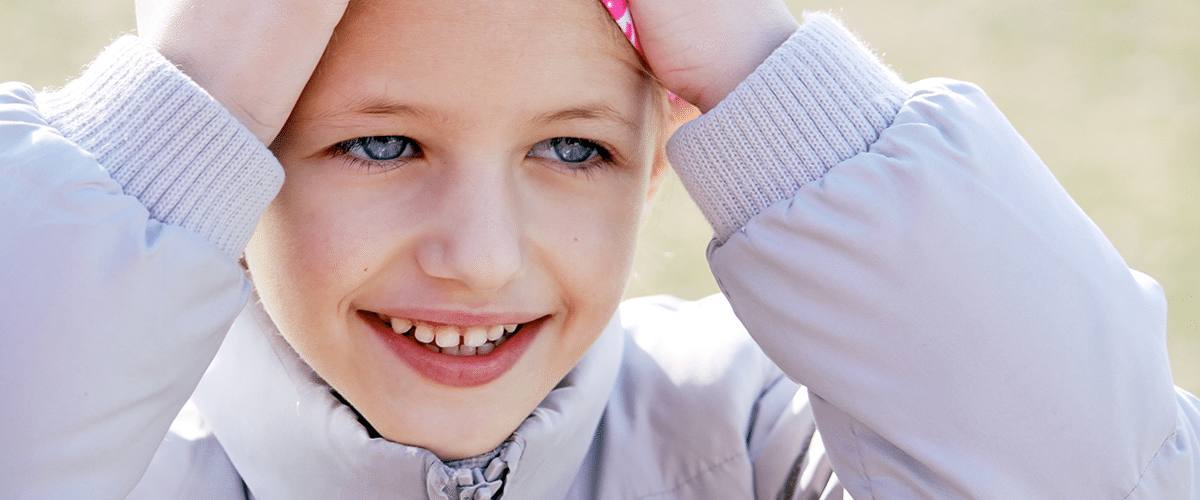[vc_row][vc_column][vc_column_text]
British scientists are investigating whether cannabidiol (CBD) effectively shrinks brain tumors in children.
Researchers from Nottingham University’s world-leading Children’s Brain Tumor Research Centre have announced a new study that will investigate whether cannabidiol (CBD), a non-psychoactive compound found in cannabis, could be beneficial for treating brain tumors in children. The study, headed up by Professor Richard Grundy, was prompted by a swell in parents administering the compound to their children without medical guidance over the past six months.
Nearly all studies that have been done on CBD and tumors have been preclinical, but findings so far have been promising. In culture and animal models, CBD has shown to cause a dramatic drop in mitochondrial oxidative metabolism to reduce the viability of cells that make up tumors and inhibit their progression.
While childhood cancers make up less than 1 percent of all cancers in the U.S., 43 children are diagnosed with cancer every day and rates have been climbing slightly for the past few decades. In the UK, approximately 1,750 children under 18 are diagnosed with cancer each year, and brain tumors kill more children than any other type of cancer.
“New ways to treat childhood brain tumors are urgently needed to extend and improve the quality of life in malignant brain tumor patients, so we are excited at the prospect of testing the effect of cannabidiol on brain tumor cells,” said Grundy.
To study CBD’s efficacy, Grundy and his team will grow cells from ependymoma or glioma tumors in a laboratory. CBD will be administered to some for seven days, and then the investigators will use cell staining to compare whether there is a difference in the viability and spreading behavior between treated and untreated cancerous cells.
“We expect the cells – brain tumor and normal brain – grown in our standard conditions to be healthy and actively dividing. We expect that normal brain cells grown in cannabidiol will remain healthy. However, we expect the brain tumor cells grown in cannabidiol to stop growing and die,” said Grundy.[/vc_column_text][/vc_column][/vc_row][vc_row][vc_column][vc_single_image image=”18038″ img_size=”1200×250″ onclick=”custom_link” img_link_target=”_blank” link=”https://www.medicalmarijuanainc.com/what-is-cannabidiol/”][/vc_column][/vc_row][vc_row][vc_column][vc_column_text]If CBD proves beneficial, it could become a less toxic method for treating cancer compared to radiotherapy or chemotherapy, or an alternative technique when cancers show to be intractable to traditional methods.
The Nottingham Centre has already raised £55,000 of the £100,000 it needs to fund the project from donations from the Astro Brain Tumour Fund and the Jessica Hope Foundation.
Also supporting the study are the parents of William Frost, a four-year-old currently being treated for a brain tumor at the Nottingham Centre. William was diagnosed with cancer in 2014, and his parents turned to CBD after traditional treatment methods proved ineffective.
“We were told halfway through 2016 that nothing more could be done for William,” said William’s father, Steve Frost. “We couldn’t bear to accept the news and decided to look into alternative treatments. We started William on a low-carbohydrate (ketogenic) diet and cannabidiol. Six months later William’s tumor had shrunk by two-thirds. He is slowly improving and attending school part-time.”
Learn more about the research already done on cannabinoids and cancer by visiting our education page.[/vc_column_text][/vc_column][/vc_row]






